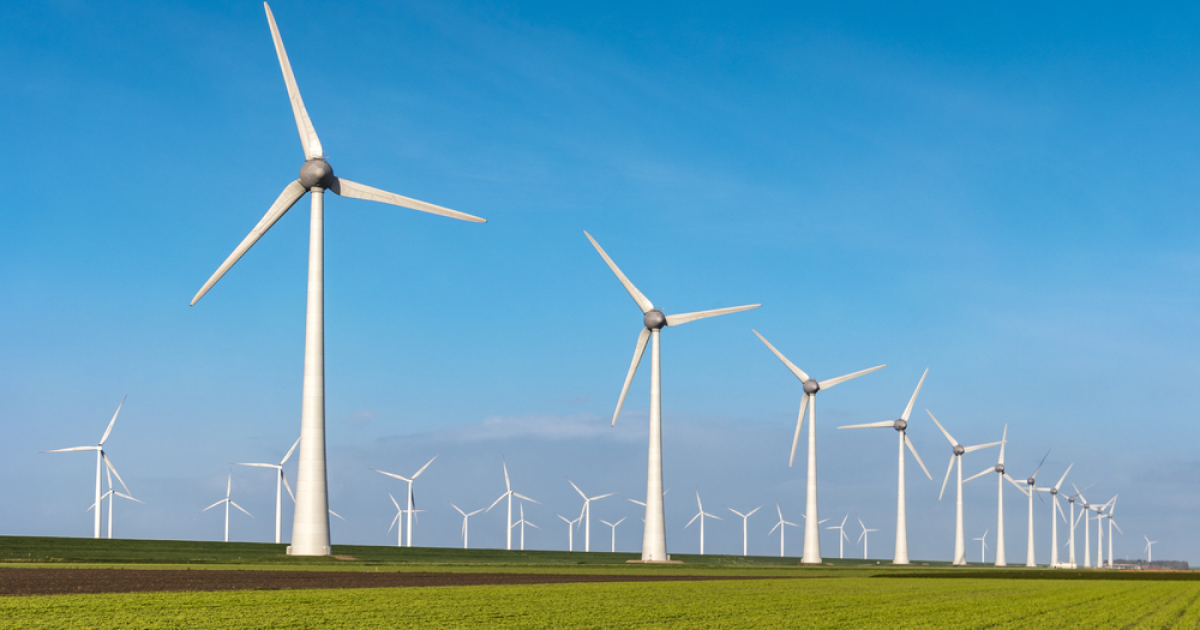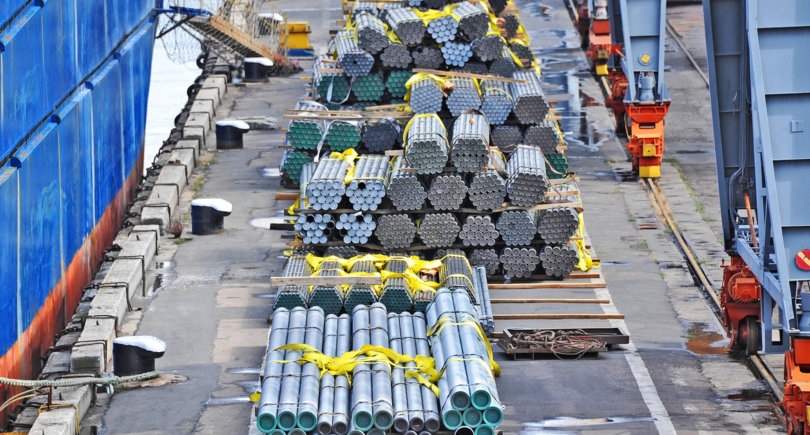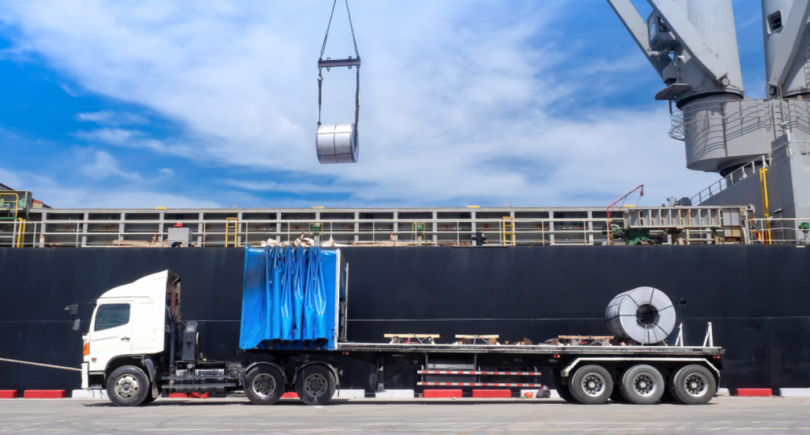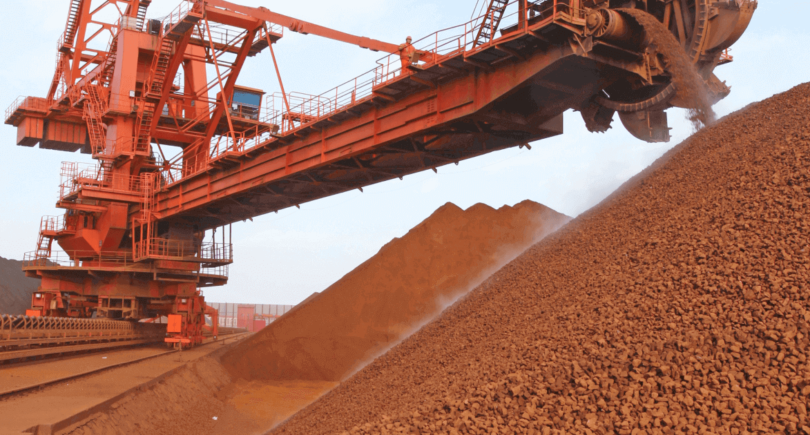
News Global Market energy 721 05 January 2025
Only 2% of the steel used in offshore wind projects over the past five years has been produced in the UK
The British steel industry has called on the government to buy local steel as it prepares for a large-scale expansion of offshore wind power, The Guardian reports.
Wind power accounted for 29% of electricity generated in the UK in 2023. However, despite a significant increase in the number of turbines, only 2% of the steel used in British offshore wind projects over the past five years has been produced in the country. This is evidenced by a study by Lumen Energy & Environment consultants commissioned by the UK Steel industry group.
British industry wants the government to increase this share. Business Secretary Jonathan Reynolds is to unveil a new steel strategy in the spring. It will look at how to increase the UK’s steel capacity and capabilities, even as the industry counts the costs of decarbonization.
Gareth Stace, CEO of UK Steel, said that offshore wind power capacity offers great opportunities, but steelmakers are looking for a government promise to give preference to British steel in these procurements.
According to Lumen, demand for steel for UK offshore wind farms is expected to grow from 2026 to 2050, averaging more than 1 million tons per year and eventually peaking at more than 2 million tons.
At the same time, a significant part of future demand will be for plate steel, which is not currently produced in sufficient quantities in the UK. Increasing its production in the country will require investment from private companies. However, such investments may not be considered unless the government commits itself to giving preference to British products.
UK Steel argues that filling the gap in offshore wind energy should be an important part of the strategy due to the scale of the planned public procurement. The Lumen report says that the demand for steel for this sector will be almost six times higher by 2050 than the steel needed for British defense, roads, railways and government buildings combined.
Earlier, British steelmakers called on the government to give preference to local steel in public procurement. Currently, a third of steel products purchased by the government are imported, costing taxpayers £1.5 billion annually.




